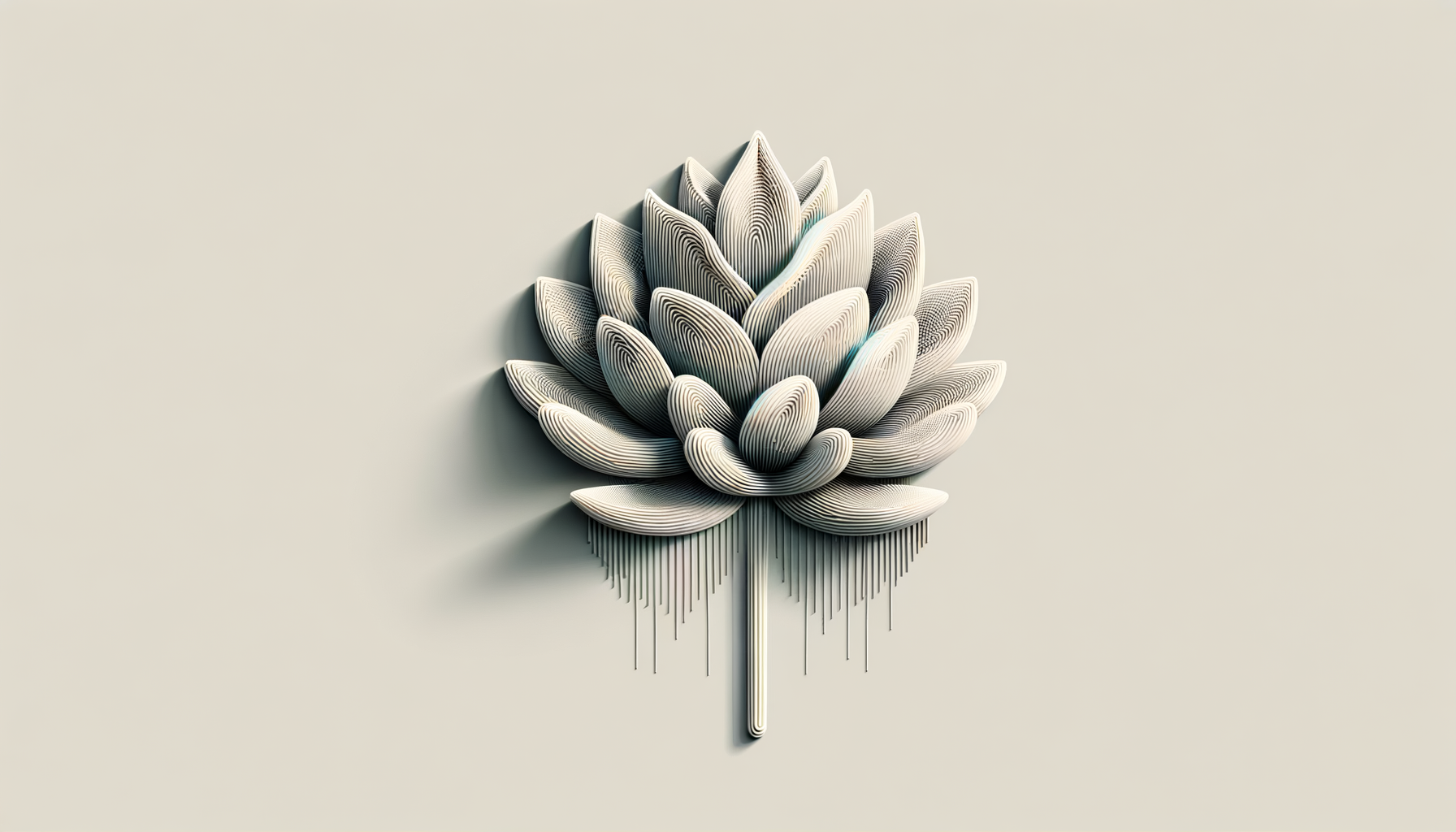Have you ever fallen off the face of the earth, metaphorically speaking? I have. It happened when I bombed my first public speaking gig. Or, to be precise, my first college debate. The memory still lingers, like that one terrible profile picture you forgot to untag yourself from on Facebook—equal parts cringe and life-altering.
I can hear you now: “Carrie, what does public debate have to do with relationships?” Trust me, friend. It has everything to do with it. Because here’s the thing about failure—it doesn’t just teach you how to bounce back; it also teaches you who you are and how to connect better with others. And if you’ll let me, I’ll walk you through my very first “catapult into the abyss” and how it shaped me into someone who can now laugh about it (mostly).
The Build-Up: Cue the Banjo of Doom
Picture this: Freshman year at Auburn University. I was sitting in a room that could only be described as a blend of 1970s institutionally beige carpeting and broken dreams. I was there for my first college debate tournament, surrounded by what I can only assume were the world’s most intimidating early-20-somethings. They all had the same energy as characters in a rapid-fire Aaron Sorkin show—sharp, fast-talking, and relentlessly poised.
Me? I was armed with a binder about as thick as Gone With the Wind, shaking like a leaf in a thunderstorm. My mom had always said, “Honey, just be yourself, and you’ll do fine.” But let me tell you, “being myself” felt like suggesting the Titanic use a bucket to bail water. By the time my team’s turn came, I was convinced my palms had sweated out all hydration in my body.
Spoiler alert: our argument was a mess. My hands shook so much I dropped my notes mid-speech, making the rest of my delivery sound like I was pitching a very bad spin-off idea for The West Wing: Alabama Edition.
We didn’t just lose. We plummeted. One of the judges, a man with a bowtie and “disappointing sudoku player” energy, told me I lacked conviction “and pace.” (Pace? What was this, the Kentucky Derby?!)
The Fallout: A Hole You Can’t Crawl Into
Mortification doesn’t even cover it. I walked back to my dorm, replaying every moment on a loop, my inner monologue turning into something that sounded suspiciously like Regina George whispering, “You’re a sad failure and no one likes you.”
I stopped joining debates after that day. In fact, I avoided anything remotely resembling public speaking for years. Nothing felt safe. Conversations during group study sessions? Nope. Standing up at the student union to ask for a refill on fries? Absolutely not. My confidence had left the chat.
But you know what? Failure wasn’t through with me yet, and neither was the lesson it was trying to teach.
The Turnaround: What Failure Makes You Learn (Eventually)
Looking back, I was too focused on perfection to appreciate what really mattered: learning how to stand tall even when you’ve faceplanted. Whether it’s a disaster on a debate stage or an awkward first date, here’s the truth—failure is not the monster you think it is.
Over time, I started unpacking what happened. Here's what that colossal flop taught me:
-
It’s Okay to Be Bad (Initially).
No one wakes up one day and knocks it out of the park. Okay, maybe Adele does, but let’s not use her as our metric. Whether in public speaking or relationships, learning curves are real. If you stumble, it doesn’t mean you’re doomed. It means you’re human. Give yourself grace. -
People Forget Quicker Than You Think.
I spent months thinking everyone at Auburn remembered my disaster. Spoiler: they didn’t. People are way more interested in their lives than in your misstep. This epiphany? Life-changing. So, if you’re sitting there mourning a failed relationship or botched moment, know that no one’s indexing it on their memory Rolodex like you are. -
Courage Stays Longer Than Embarrassment.
Eventually, I returned to the stage—not for debate, but for a campus storytelling project. It terrified me, but you know what? Doing something that scared me became my small act of rebellion—against fear, against embarrassment, against that bowtie judge. Whether it’s showing up to have a hard conversation or swiping right after a love drought, courage is what lingers.
How Failure Shapes Your Relationships
Here’s the kicker: that debate meltdown ended up teaching me way more about dating, connecting, and love than it did about politics. Navigating relationships requires a kind of bravery I didn’t know I was already growing in that moment.
Think about it:
- Starting conversations after an awkward silence? Just a micro version of picking up your dropped debate cards.
- Owning your quirks? (Like the fact that you still have a very unhealthy attachment to Pride and Prejudice adaptations?) That comes from knowing your value even when others don’t.
- Standing firm in tough moments? Whether that’s clarifying your needs or weathering rejection, relationships require grit. The kind of grit you find through failure.
The best part? Failure isn’t fatal. It’s a stepping stone to something deeper—confidence, clarity, and connection.
Where I Am (and Where You Can Be, Too)
It’s funny how failure changes you. At the time, it felt like something I’d never get over. Now, as I look back on it, I see how it quietly handed me what I’ve needed all along: resilience, empathy, and a truly awful story to make my friends laugh.
If you’ve experienced your own “fall-flat-on-your-face” moment—whether in romance, work, or life in general—remember that these moments aren’t the thing that defines you. Instead, they’re the things that refine you. So take a breath. Laugh about it when you can. And when you’re ready, step up to the mic—or, you know, the phone screen—and try again.
Because every stumble, every awkward pause, and every ridiculous failure is just one chapter in your love story with yourself—and with others.



















